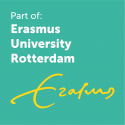Inequality diagnostics
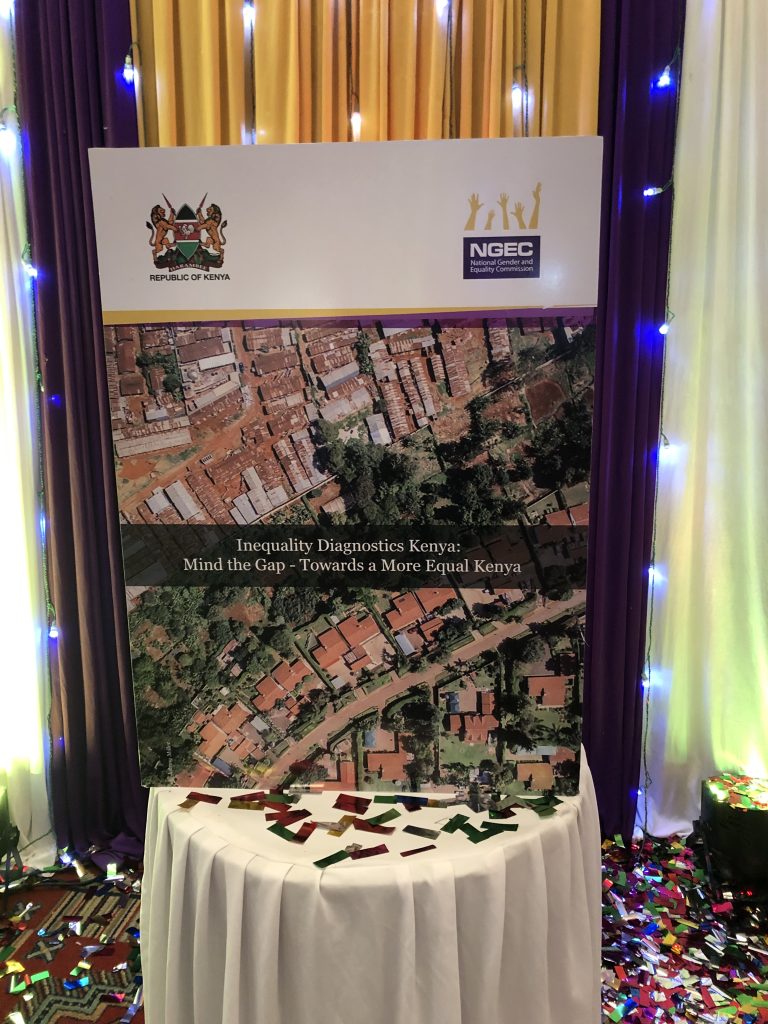
Between December 2018 and May 2024, a series of inequality diagnostics were elaborated for the following 11 GIZ partner countries: Brazil, Colombia. Ghana, Indonesia, Kenya, Mexico, Namibia, Peru, South Africa, Vietnam and Zambia. The inequality diagnostics examine trends in economic development and employment and changes in inequality and poverty. They focus on labour market developments, […]
Evaluation of project “Education and Employment promotion – Fit for Jobs, Kosovo”
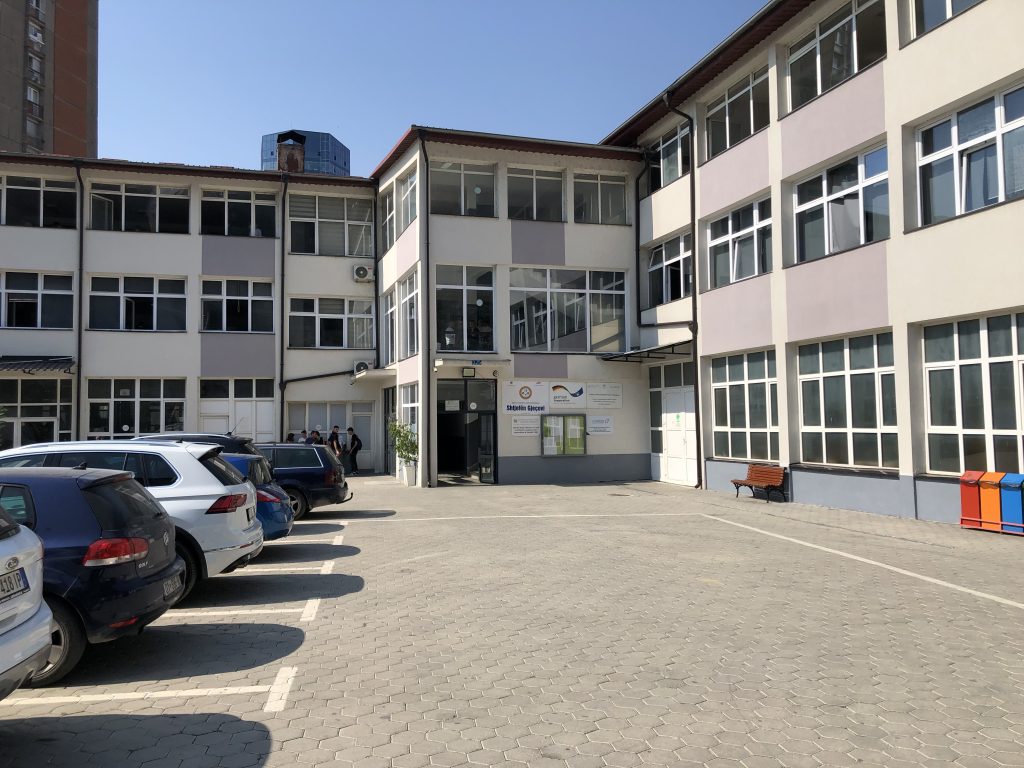
The GIZ project “Fit for Jobs, Kosovo” started in 2021 and was completed on 31 July 2024. The objective of the project was to improve the employability of Kosovo’s youth, by improving the quality and labour market orientation of vocational education and training, career guidance, and active labour market measures like job search services, internships […]
Evaluation of project “Local and Provincial Economic Development (LPED), Nepal”
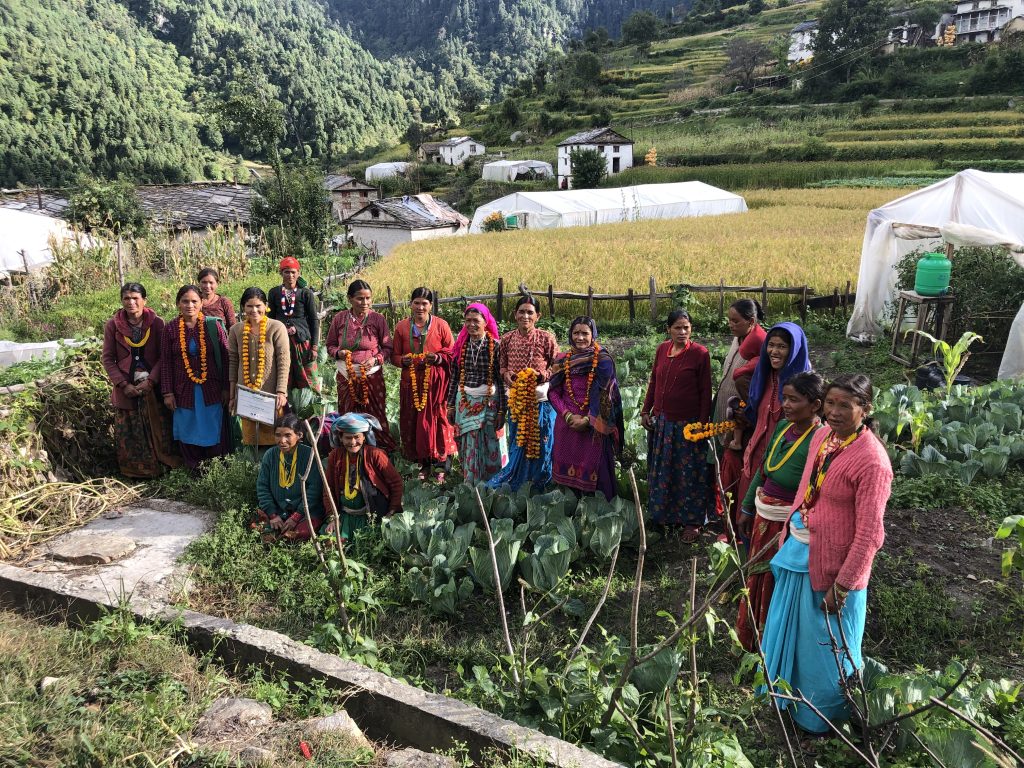
The GIZ project LPED started in 2019 and was merged into the EU-GIZ project “Green Resilient Agricultural Productive Ecosystems (GRAPE)” in 2021. The project aimed to improve framework conditions for local economic development in selected municipalities and value chains at local and provincial level in Nepal. The project was assessed according to the six OECD/DAC […]
Evaluation of project “Pro-Poor Growth and Employment Promotion in Nigeria”
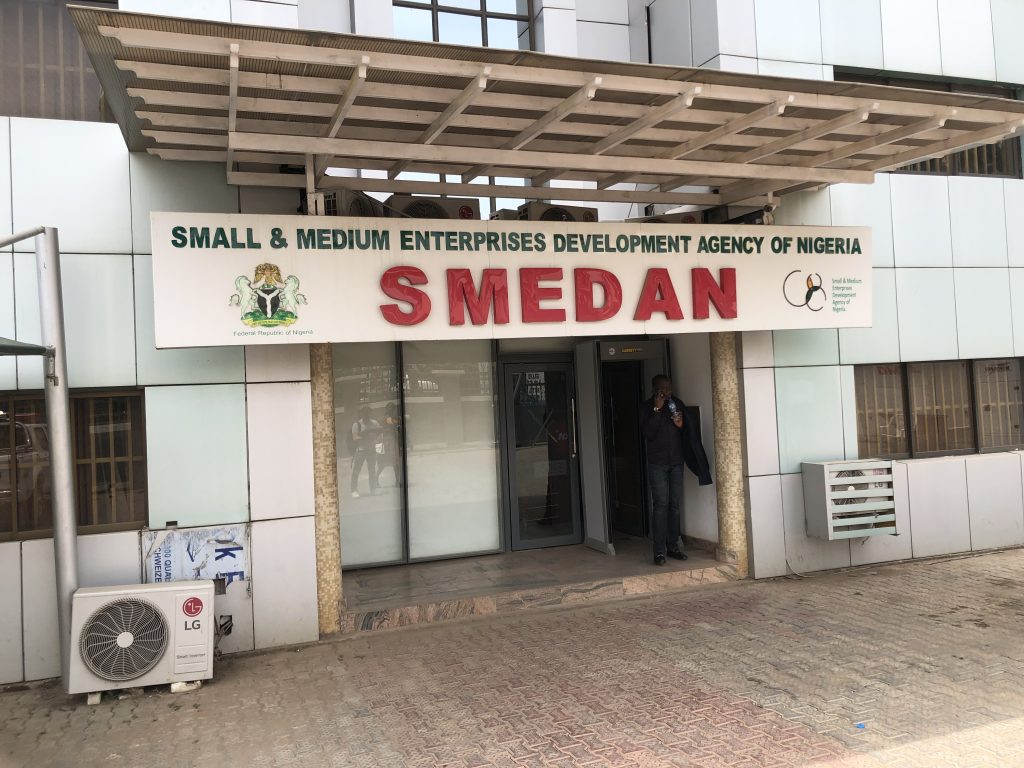
The overall project objective was to improve the employment and income situation of micro-, small and medium-sized enterprises (MSMEs) in Nigeria. The EU-GIZ project, also known as SEDIN III, cooperated with partners at the federal, state and local levels. It was implemented in eight states and focused on several value chains. The project was assessed […]
Evaluation of the Water Finance Facility
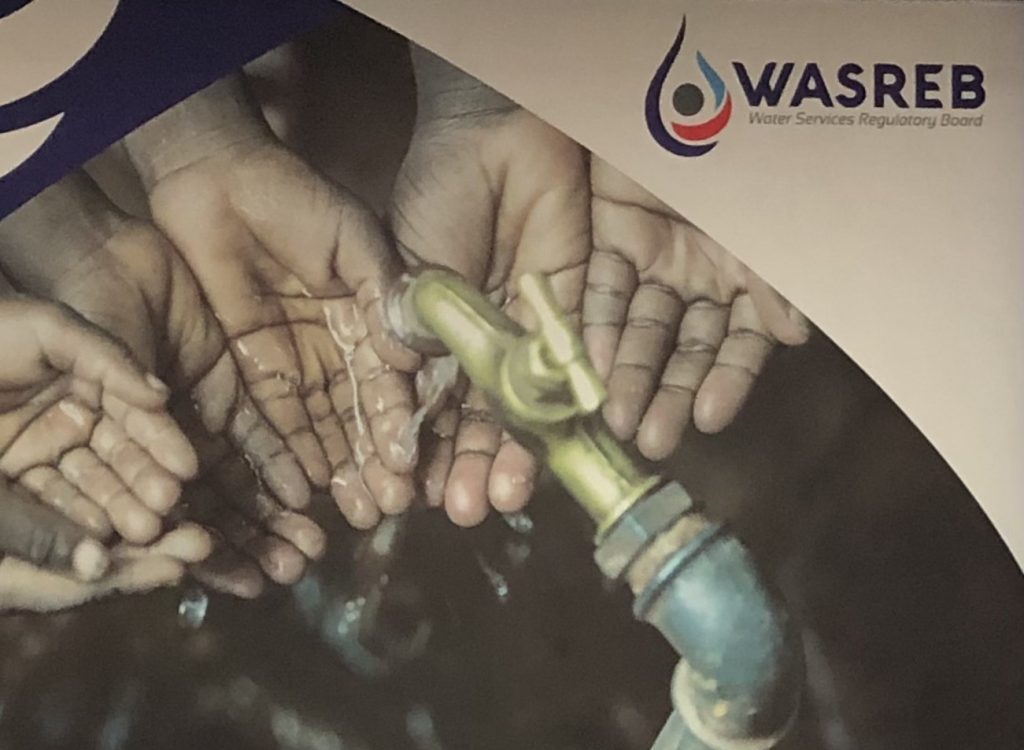
The Ministry of Foreign Affairs of the Netherlands supported the set-up of the Water Finance Facility (WFF). The WFF aimed to establish national water finance facilities in several developing countries for private financing of infrastructure investment in water and sanitation. The Ministry’s support was concentrated on trying to establish the Kenya Pooled Water Finance facility. […]
Evaluation of Projects Co-financed by the Sustainable Water Fund (FDW)
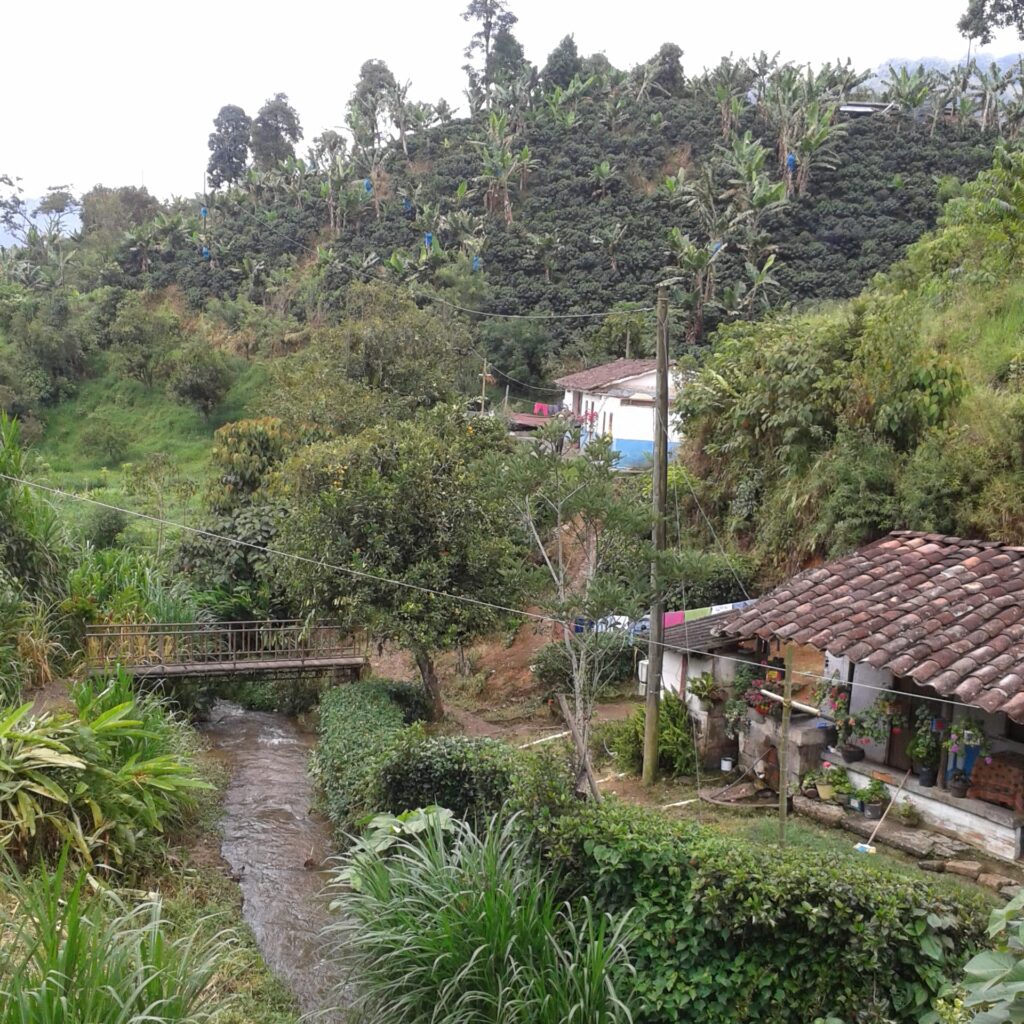
The synthesis report concludes that the projects score moderate to satisfactory on the contribution to poverty alleviation and changes in sustainable growth, self-reliance, food security, safety and public health. The added value of the PPP’s is mostly positive. As for financial, institutional, ecological, technical and social sustainability particularly the projects in Ethiopia show good results. […]
Evaluation of Development-relevant Infrastructure Development Programme ORIO
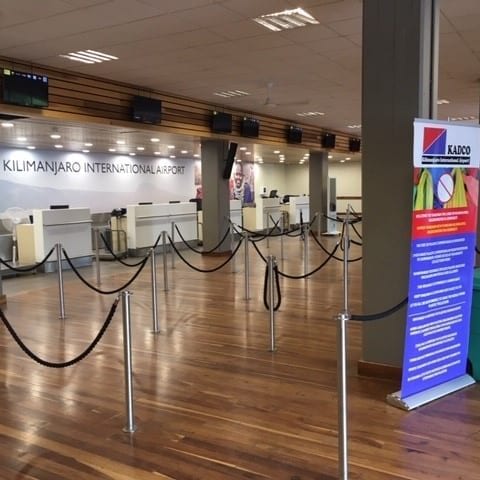
The external evaluation of the ORIO programme assessed its achievements so far. Its main objectives were: to determine the relevance, effectiveness, efficiency, additionality and policy coherence of the ORIO programme; to learn from the assessment of the functioning and effects of the ORIO programme and the use of resources, in order to generate relevant information […]
Evaluation of CBI Integrated Programmes 2012-2018

This external evaluation intended to reflect on and provide input for adjustment of the approach of CBI – the centre for the promotion of imports from developing countries. Its main purpose was therefore to determine a series of lessons and recommendations for the future. It covered three regional Integrated Programmes (IPs) that were implemented in […]
Evaluation of Migrant Entrepreneurship Projects

The aim of this project was the evaluation of the relevance, effectiveness, efficiency, coherence and sustainability of six so-called migrant entrepreneurship projects implemented in the countries of origin of diaspora living in the Netherlands. Implementation period: October 2018 – July 2019 Report: Marije Balt, Willem Cornelissen, Niek de Jong, Wim Naudé and Anja Willemsen. External Evaluation […]
Evaluation of project “Manos al Agua” in Colombia
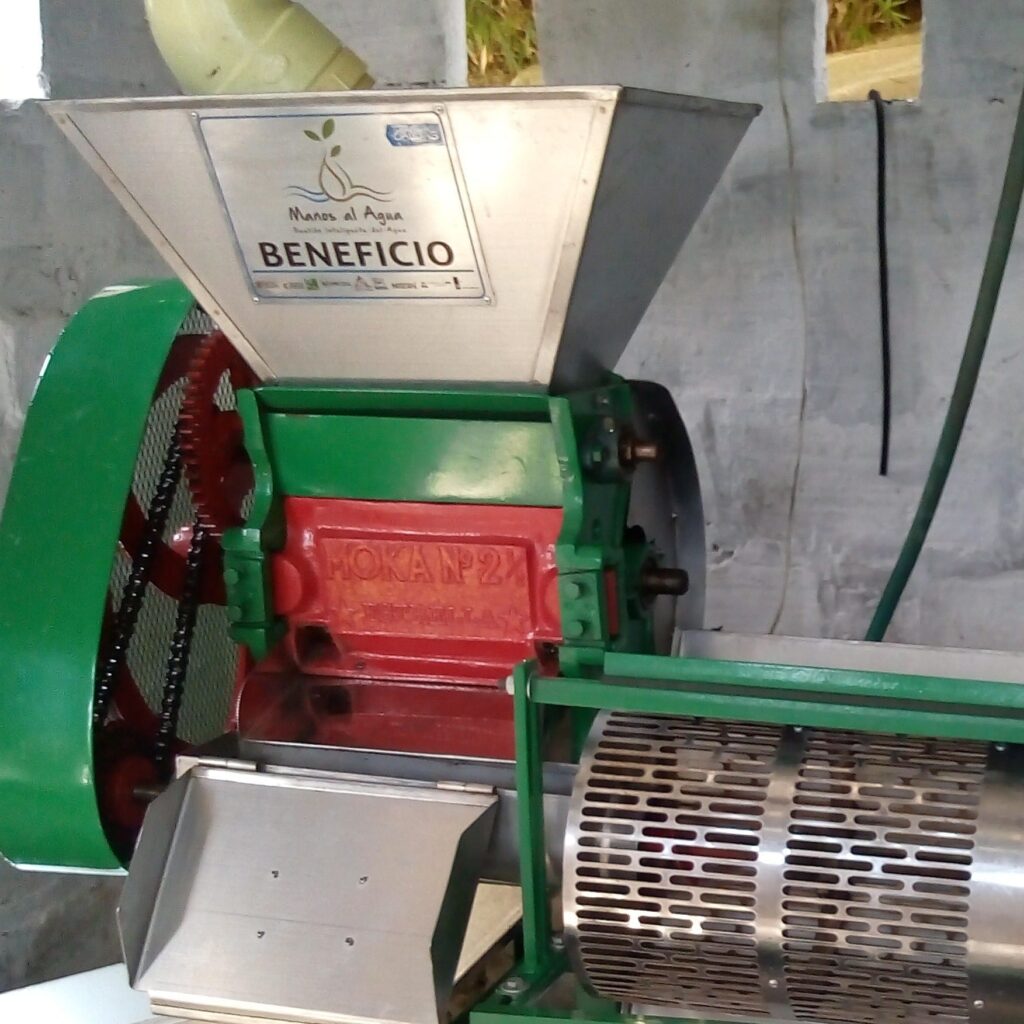
This evaluation of the project Intelligent Water Management – also known as project “Manos al Agua” – that was implemented in the Colombian coffee sector forms part of the evaluation of the Sustainable Water Fund of the Netherlands Ministry of Foreign Affairs. The project “Manos al Agua” was evaluated by means of application of both […]
